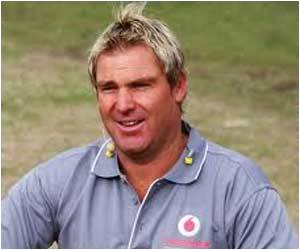Kidney specialists, or nephrologists, care for a medically complex population and frequently must discuss serious news with patients.
Kidney specialists, or nephrologists, care for a medically complex population and frequently must discuss serious news with patients. This includes giving a diagnosis of kidney disease, explaining the risks and benefits of treatments, and defining care goals at the end of life. Despite this ephrologists do not routinely receive formal education on how to engage in these types of conversations. A new communication skills workshop for nephrology fellows could change that, according to a study appearing in an upcoming issue of the
Clinical Journal of the American Society of Nephrology (CJASN).
To address the need for structured communication training in nephrology programs, Jane Schell, MD (University of Pittsburgh) and her colleagues designed a formal workshop, called NephroTalk, aimed at providing nephrology fellows with communication skills in discussing dialysis decision-making and end-of-life care. The workshop, modeled after a national oncology workshop called OncoTalk, is comprised of educational sessions on delivering bad news and defining goals of care when a patient is not doing well. It involves small group sessions with standardized patients. The skills that are taught and practiced include assessing patient understanding before giving news, recognizing and responding to patients'' emotional concerns, and eliciting patients'' goals and end-of-life preferences.
The workshop was offered to 22 nephrology fellows at Duke University and the University of Pittsburgh. Surveys conducted before and dafter the workshop revealed the following:
- The average level of perceived preparedness significantly increased for all skills, including delivering bad news, expressing empathy, and discussing dialysis initiation and withdrawal.
- All respondents reported that they would recommend this training to other fellows.
- 95% said the workshop should be required of all nephrology fellows.
"Communication is central to what we do as physicians. Our goal is for NephroTalk to serve as a model curriculum for enhancing communication education within nephrology training," said Dr. Schell.
Study co-authors include Jamie Green, MD (Geisinger Health System), Robert Arnold, MD (University of Pittsburgh); and James Tulsky, MD (Duke University).
Source-Newswise
















